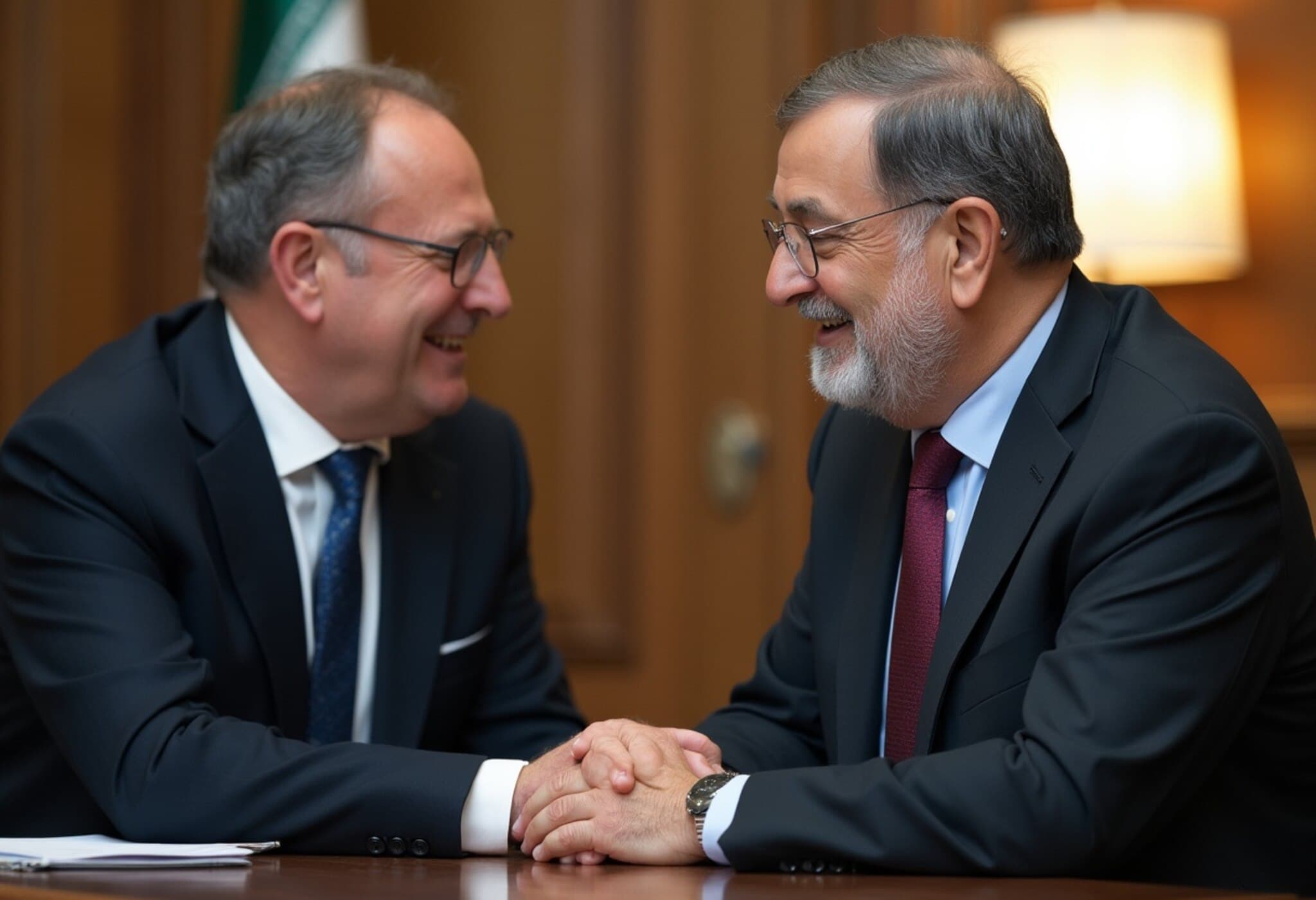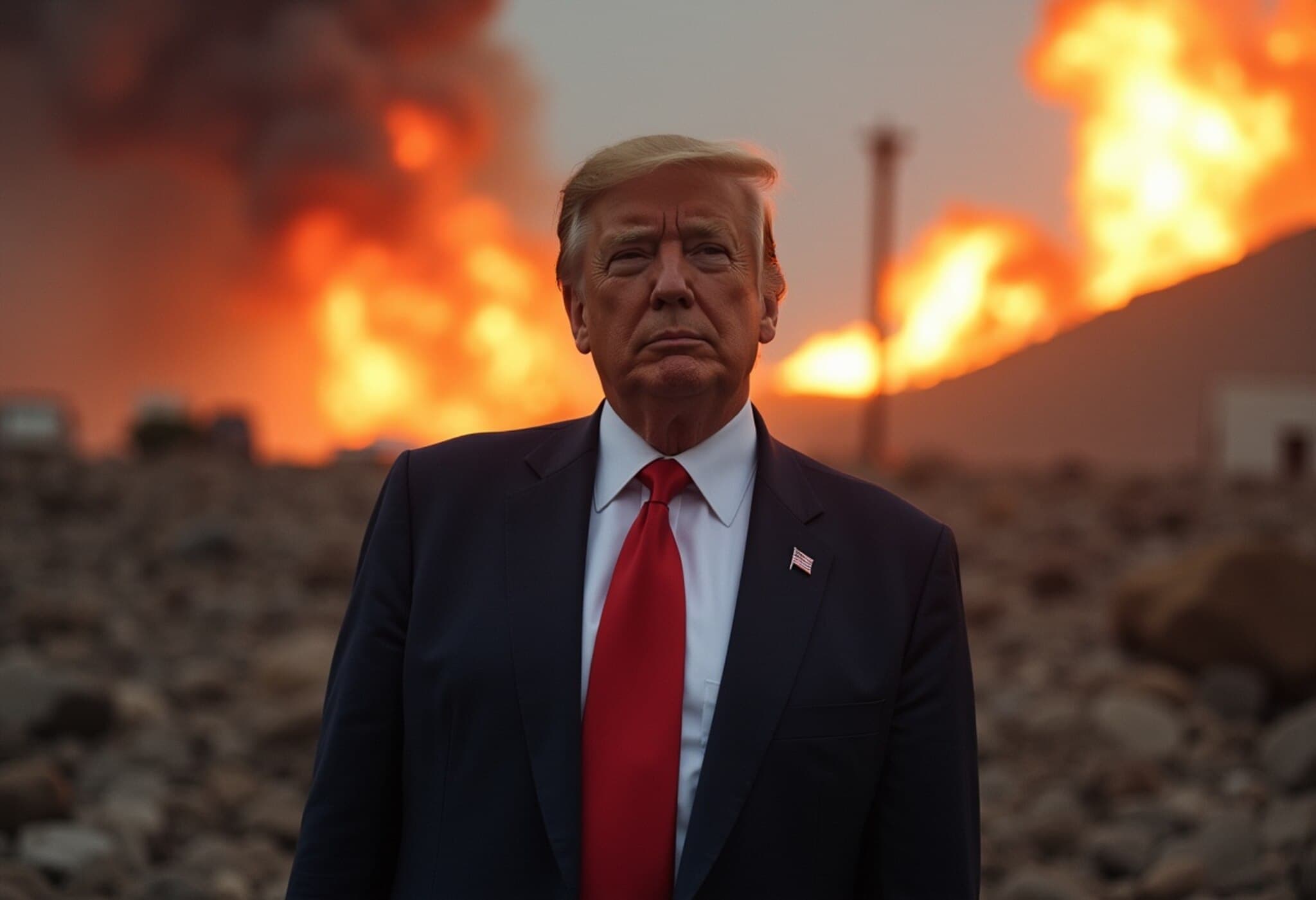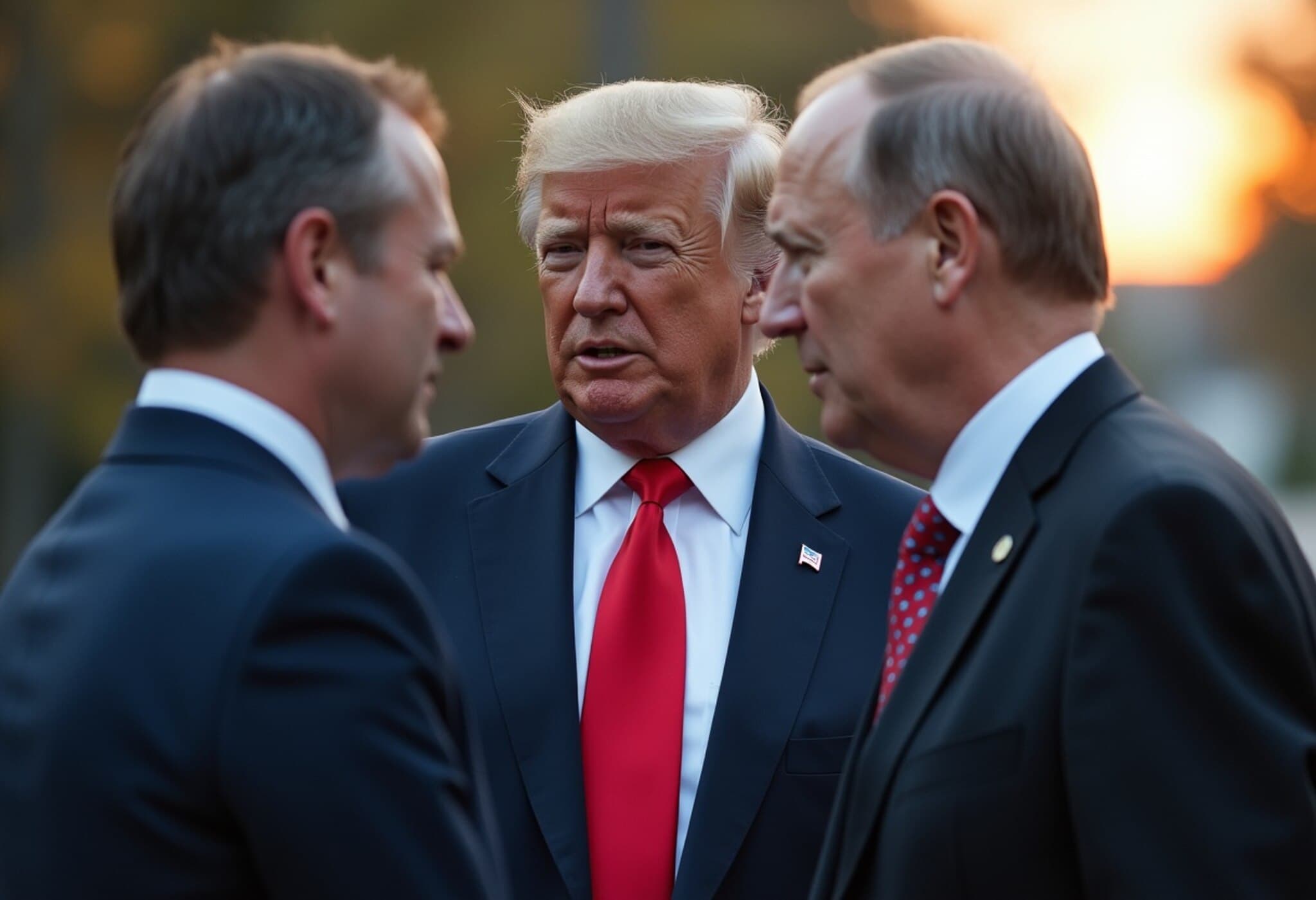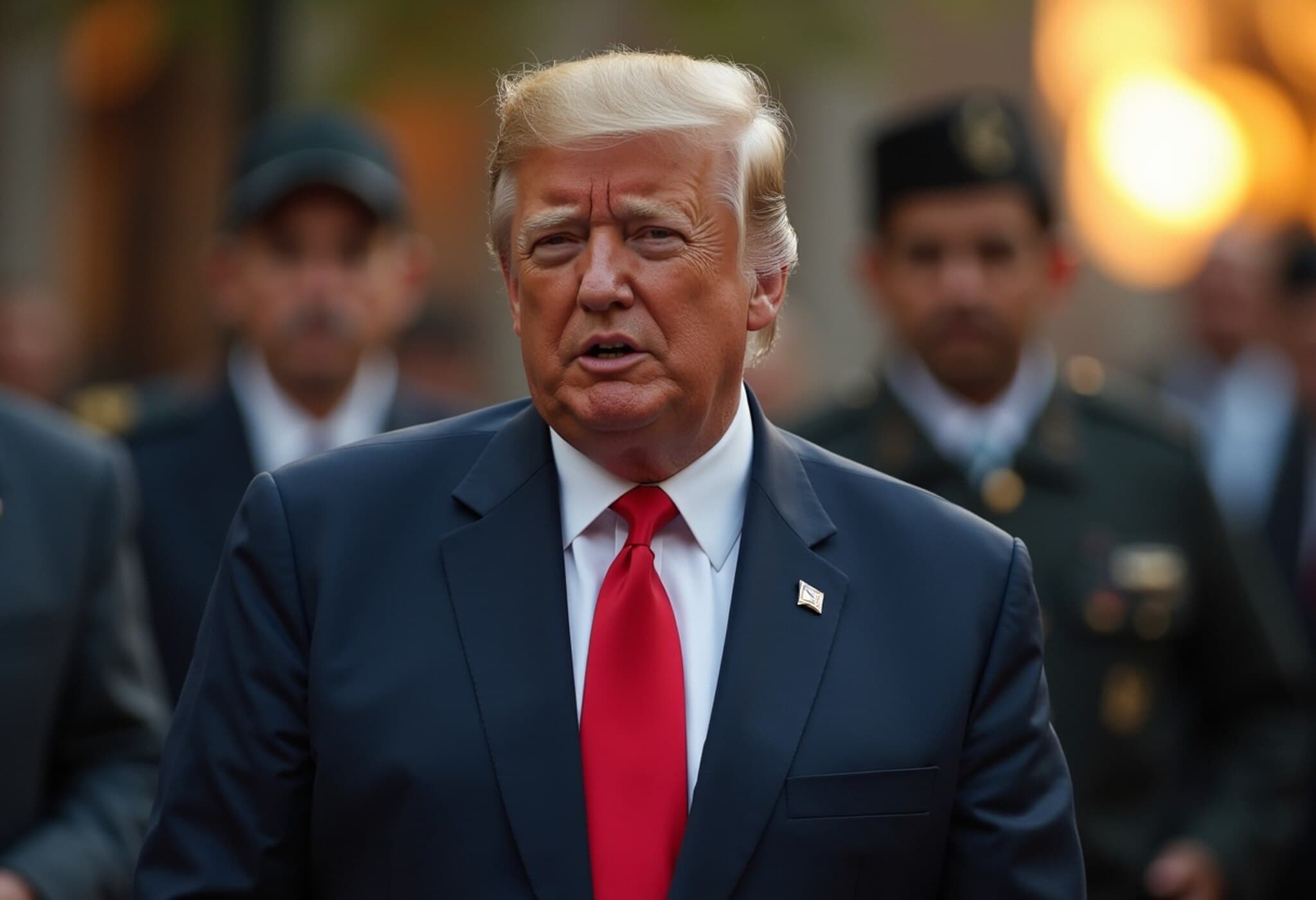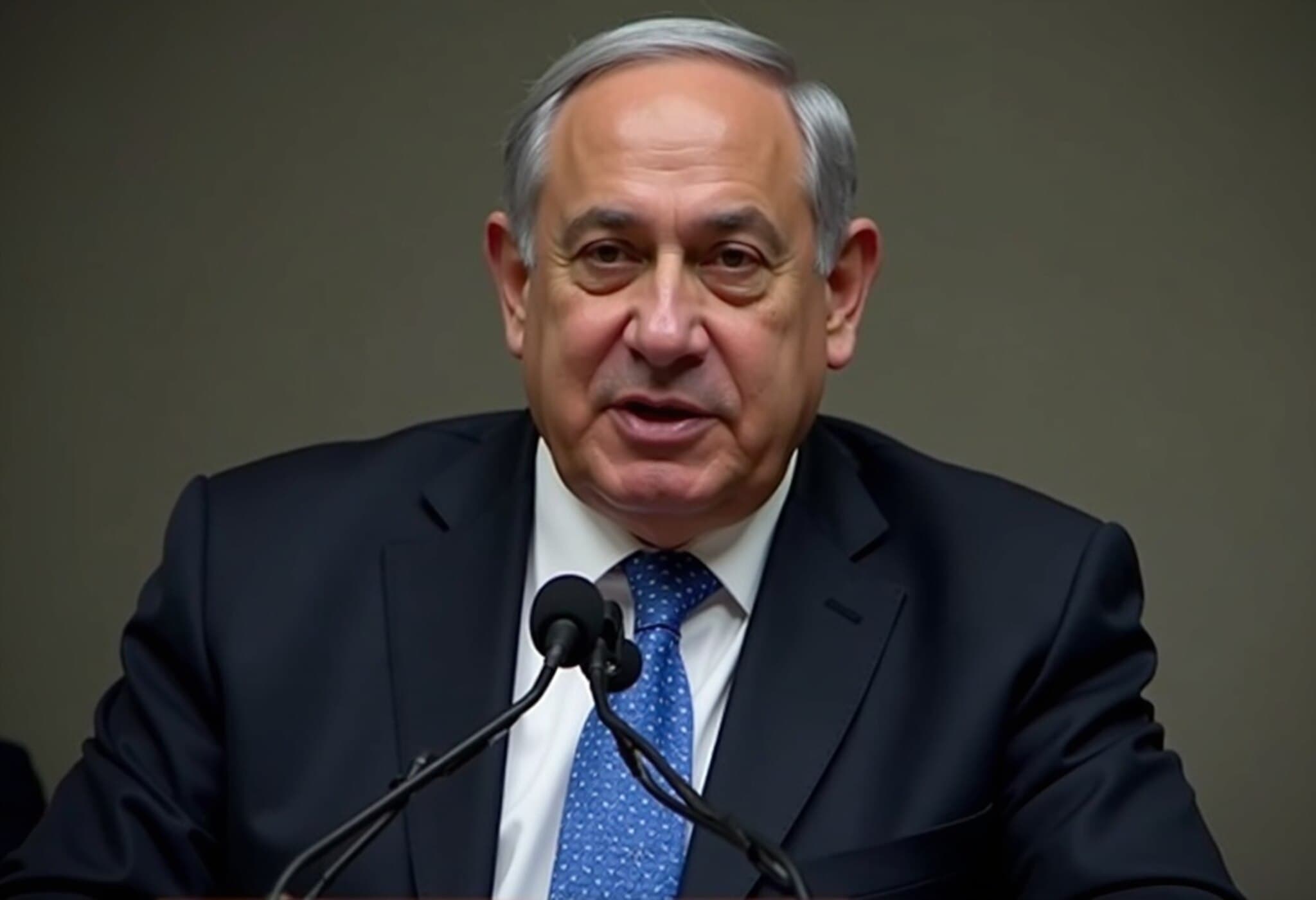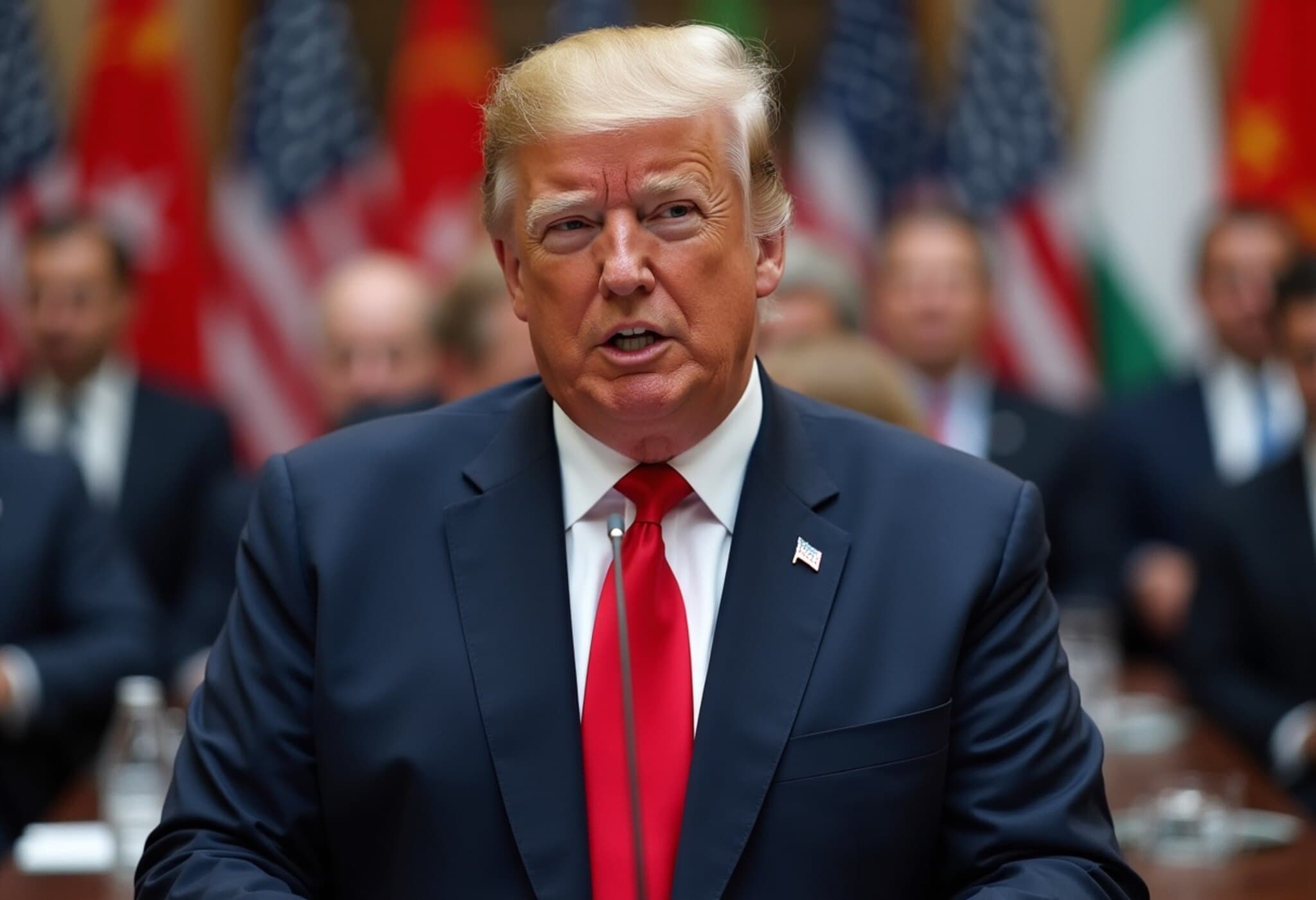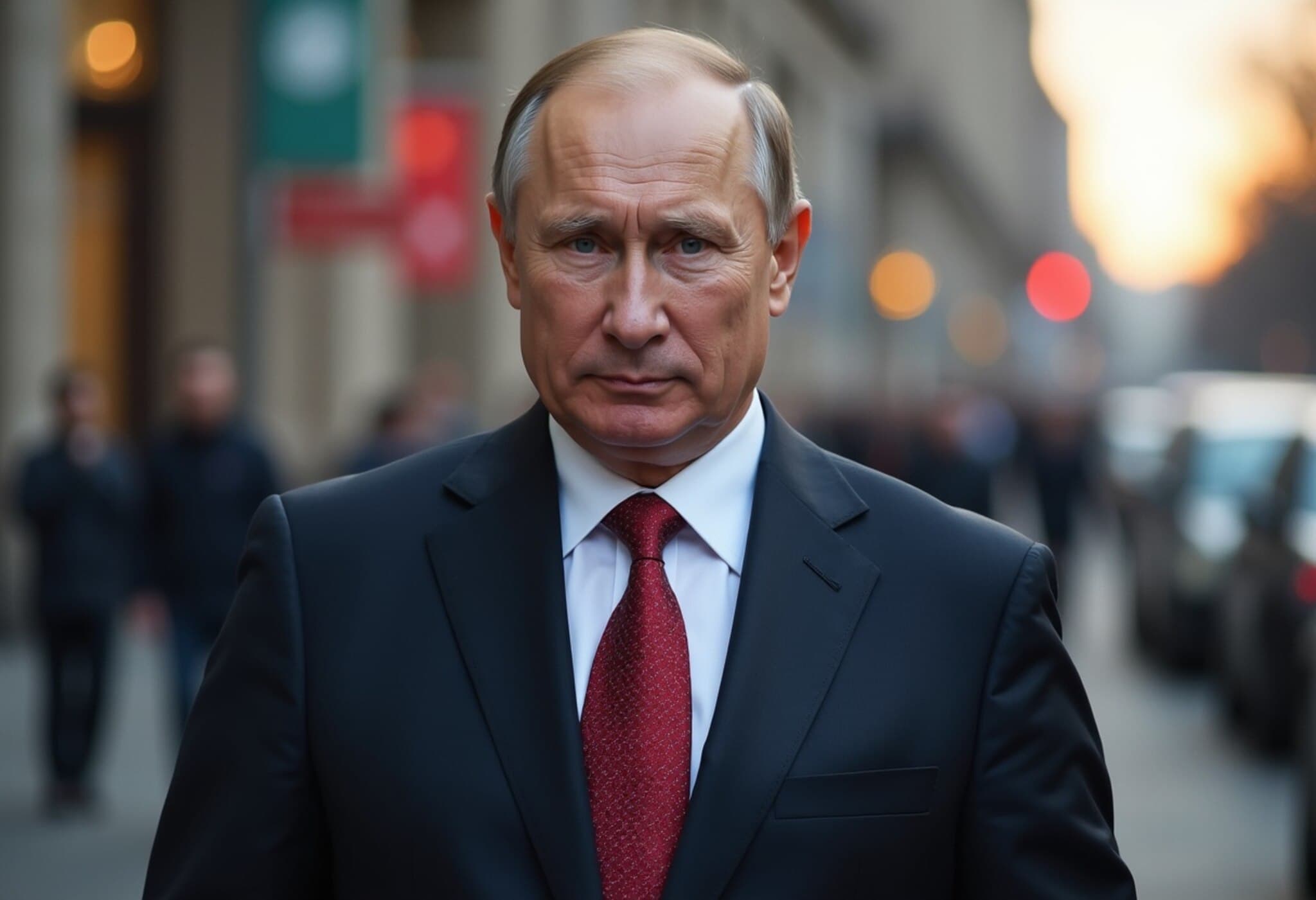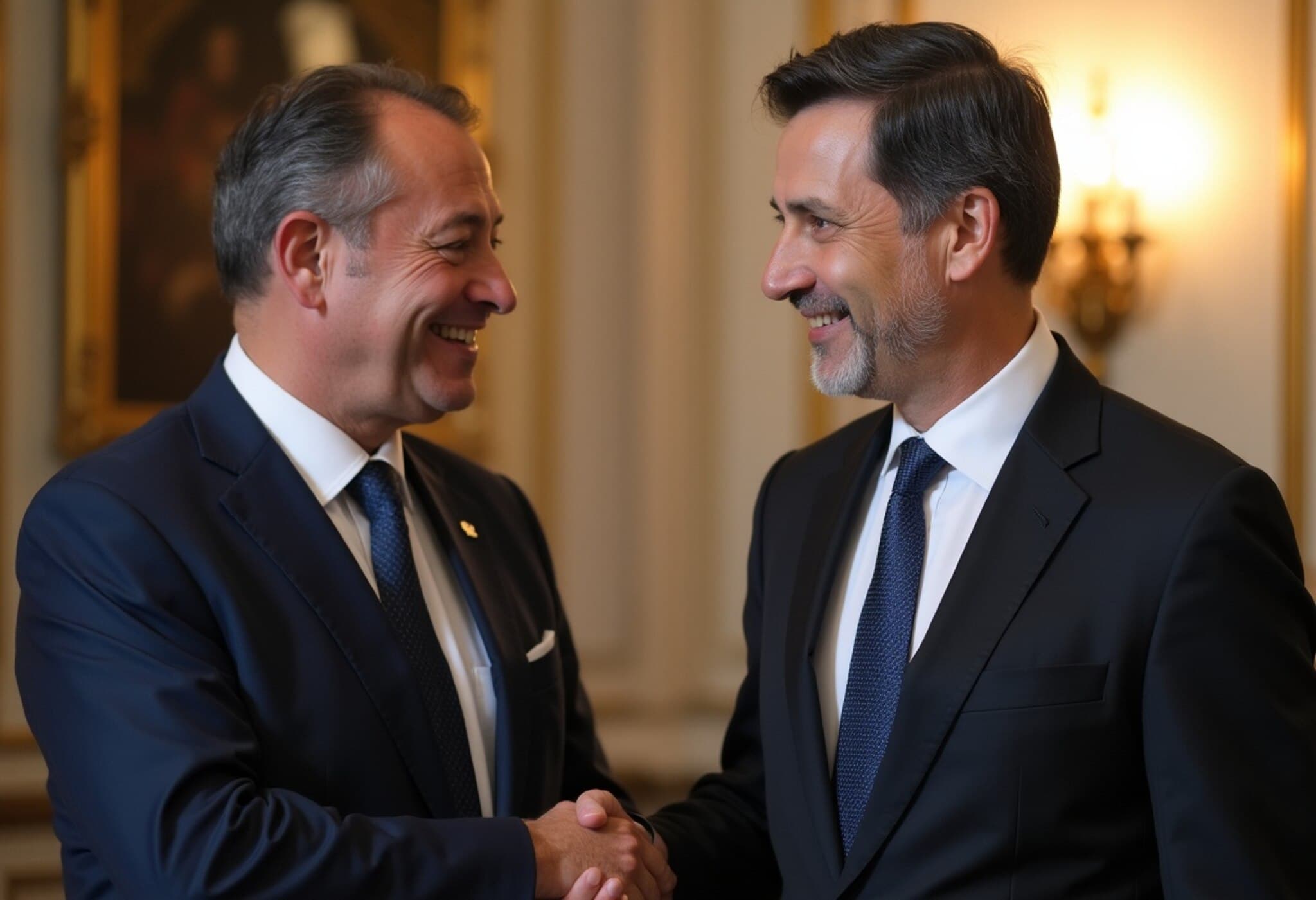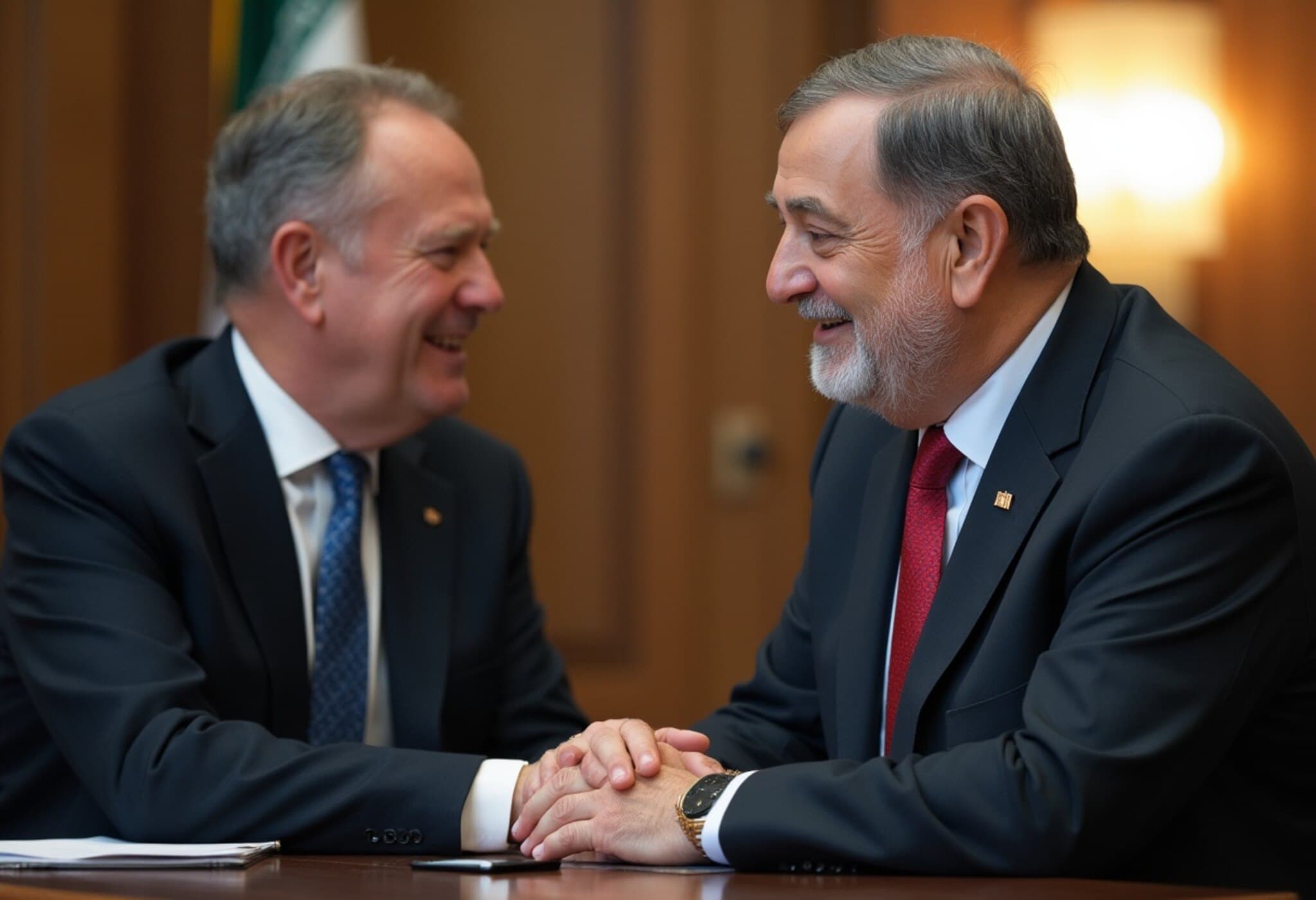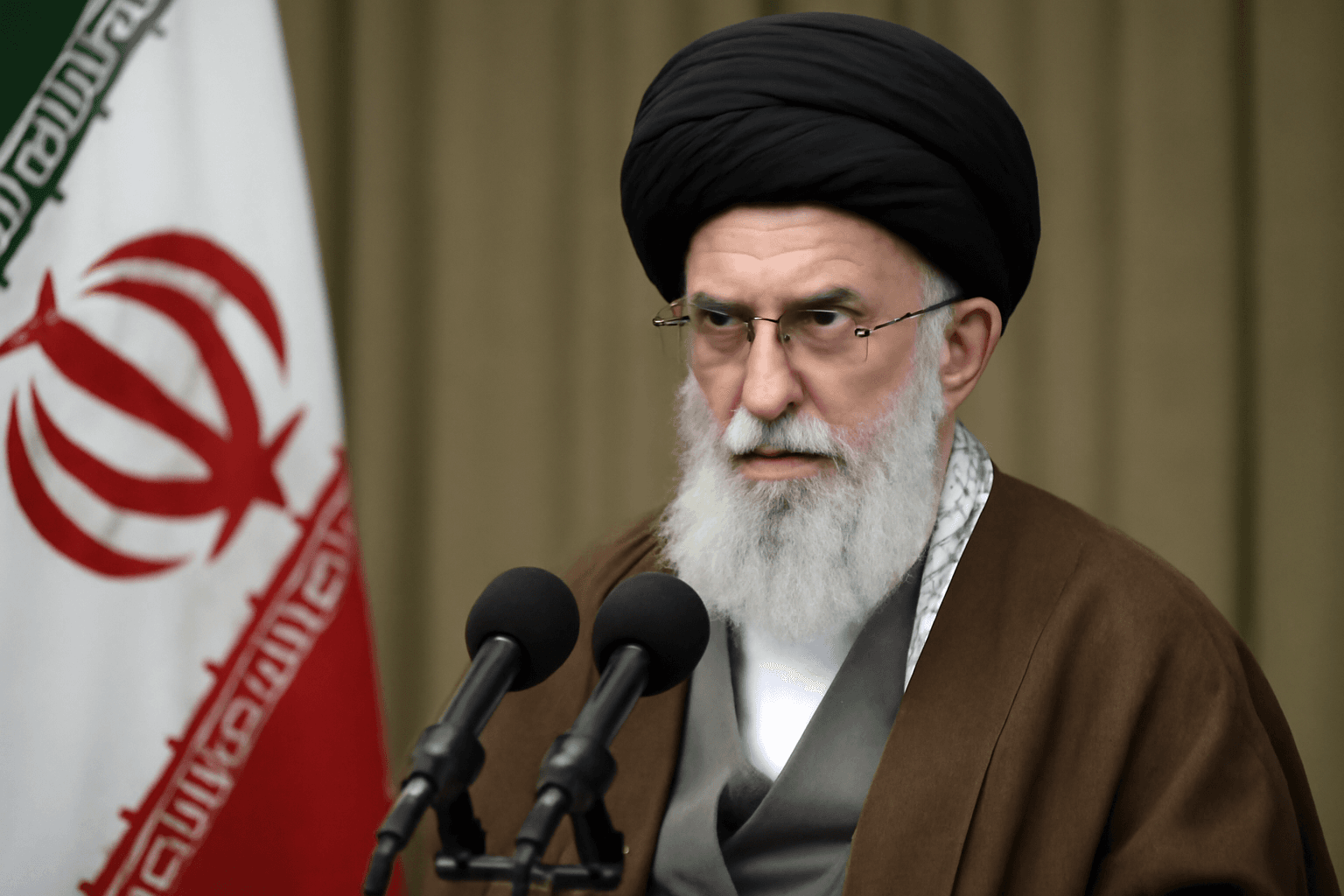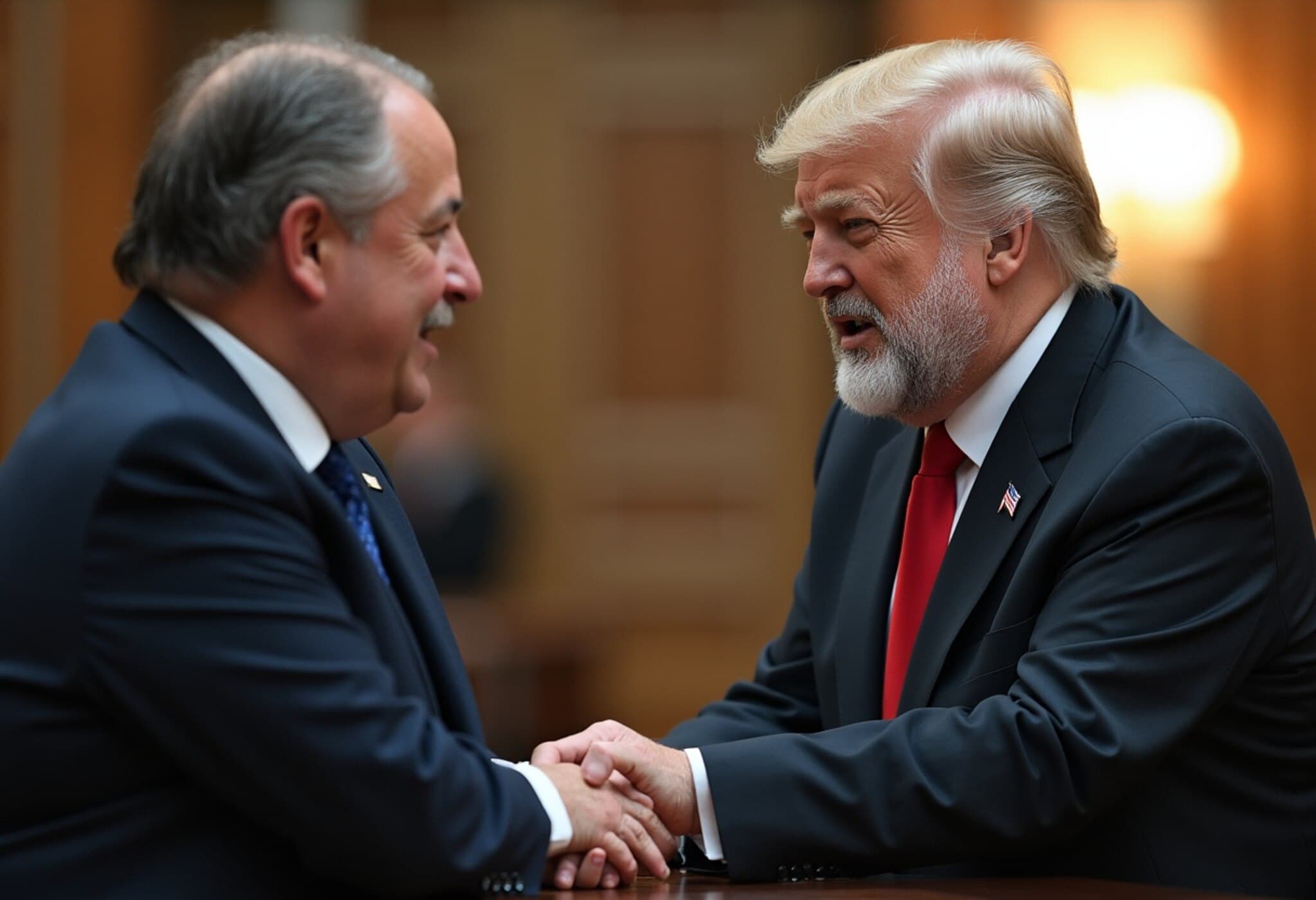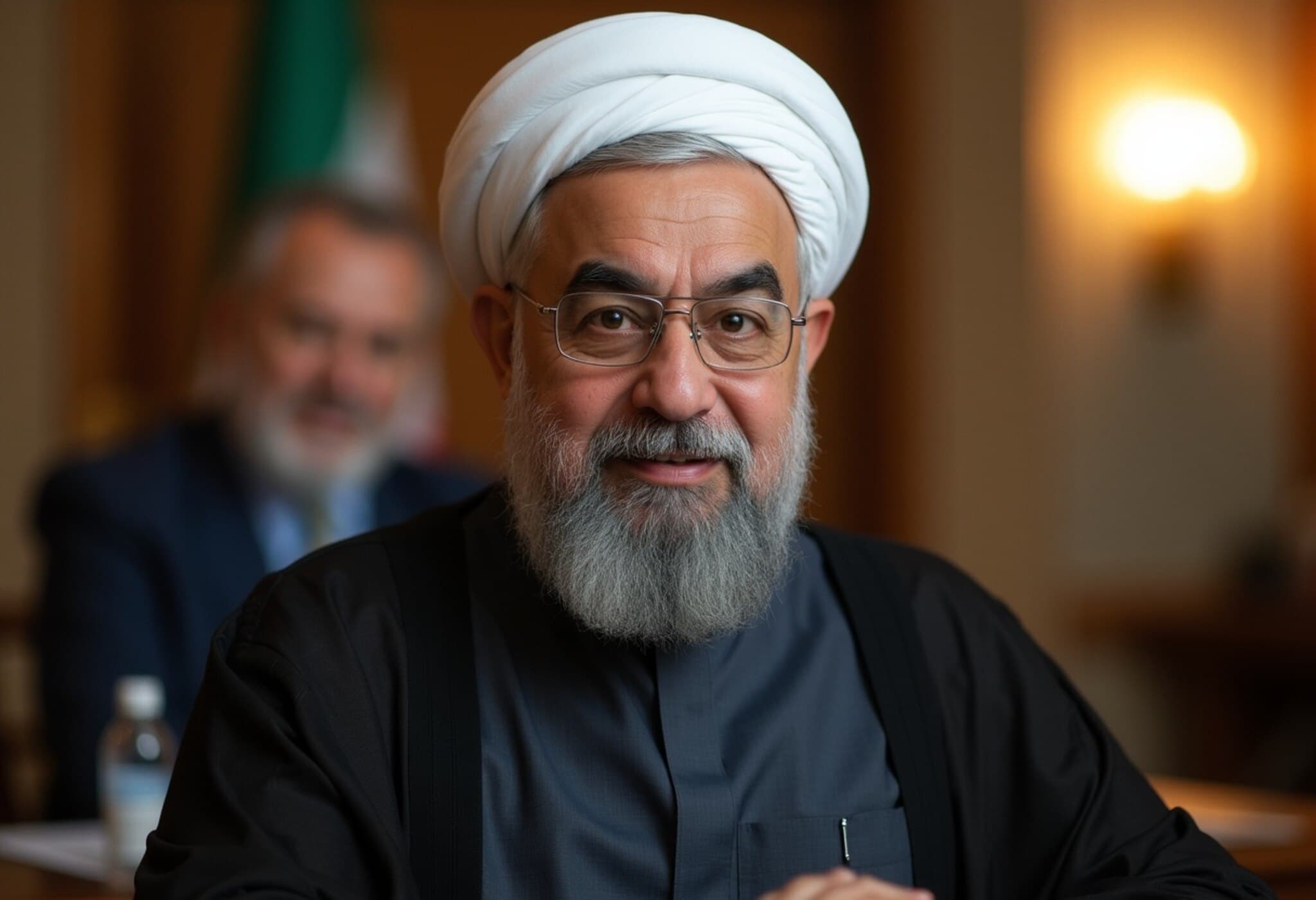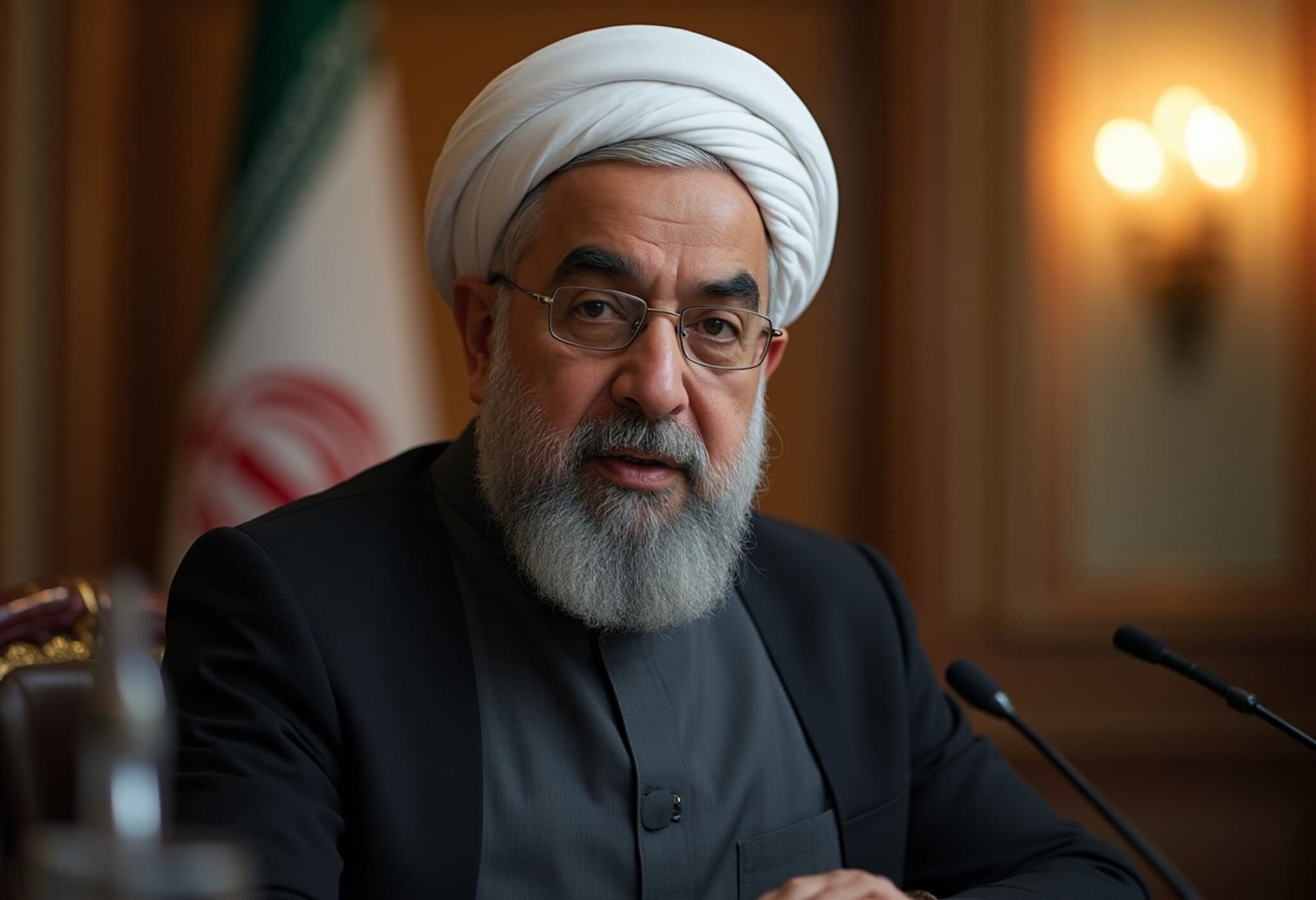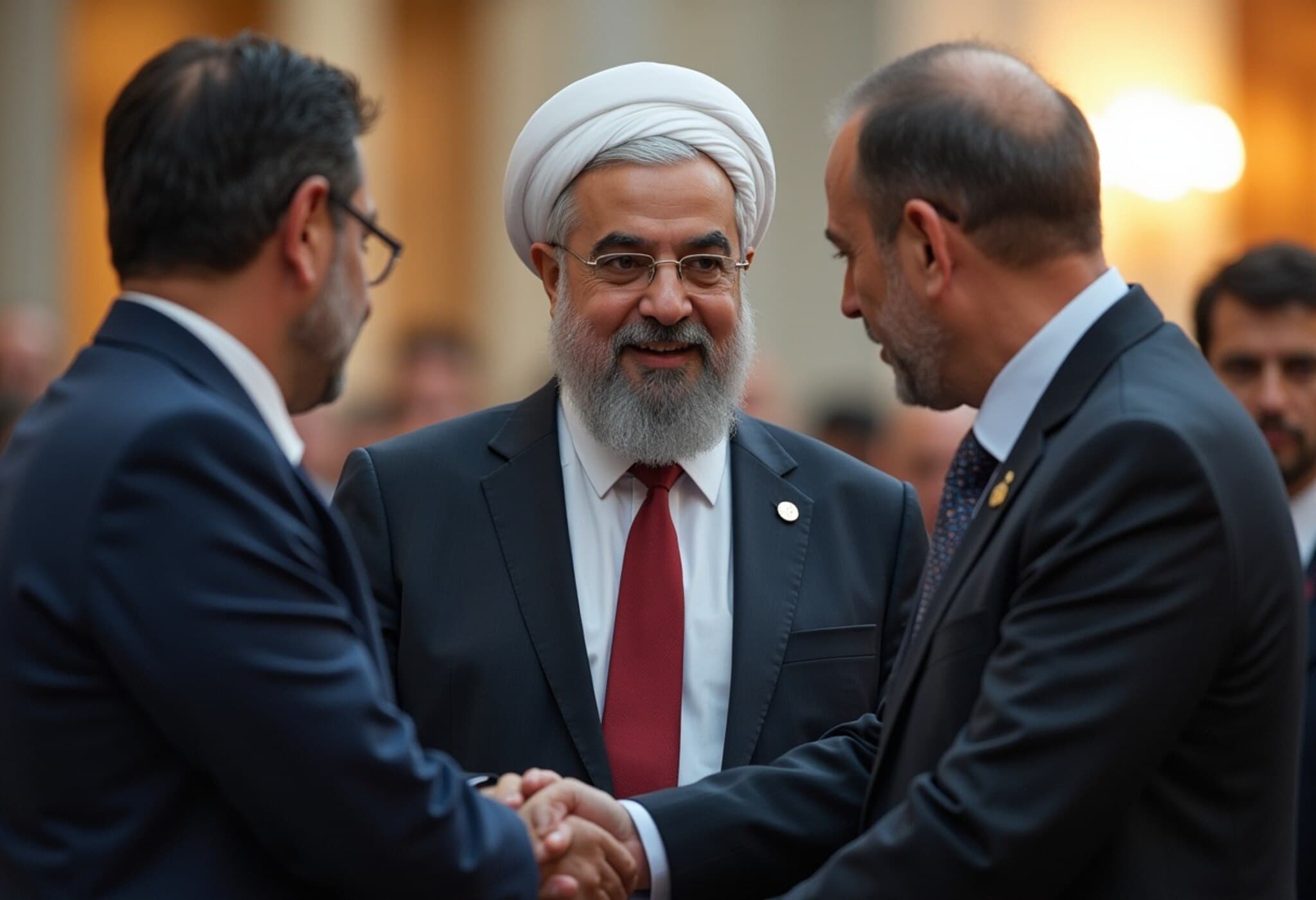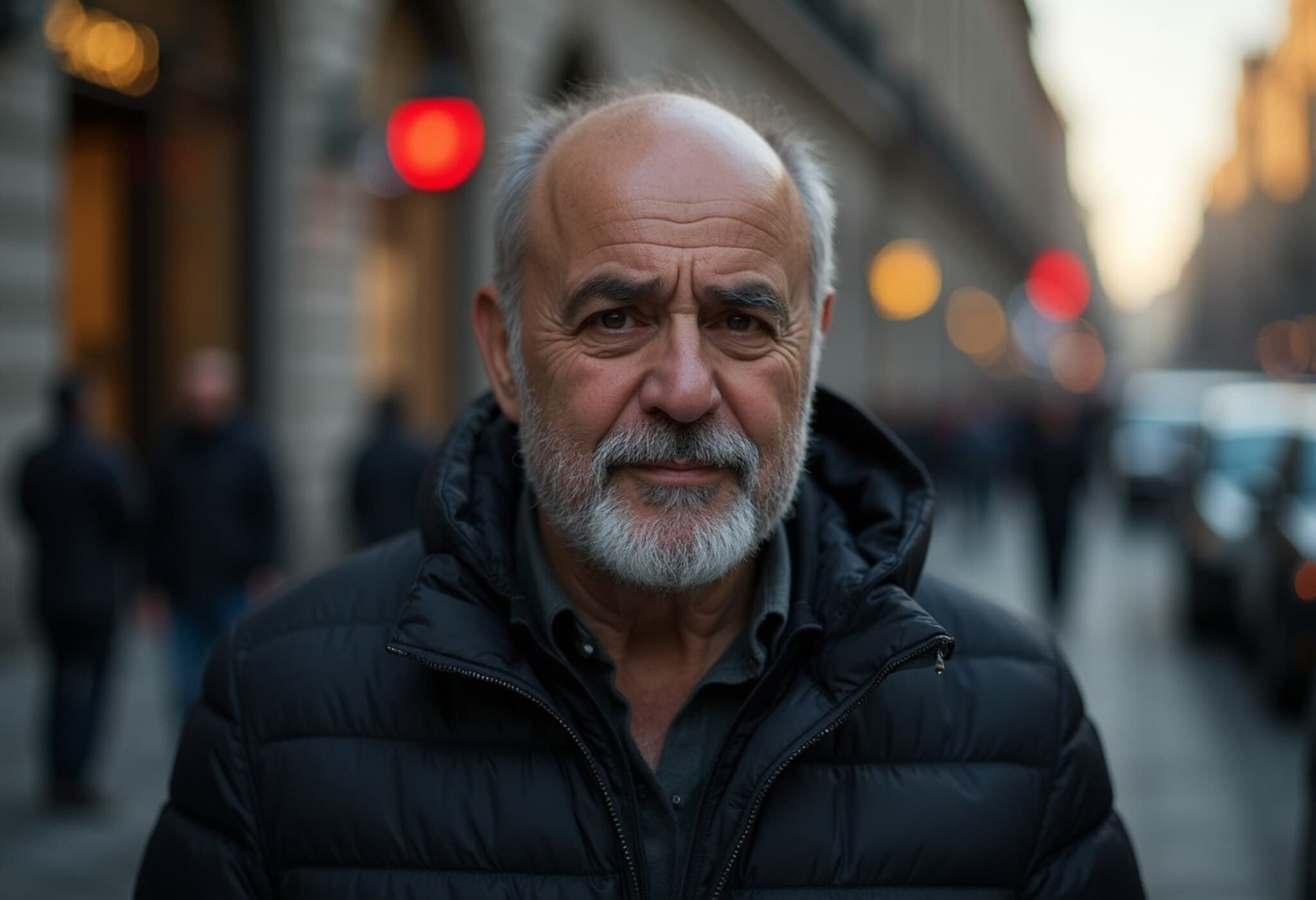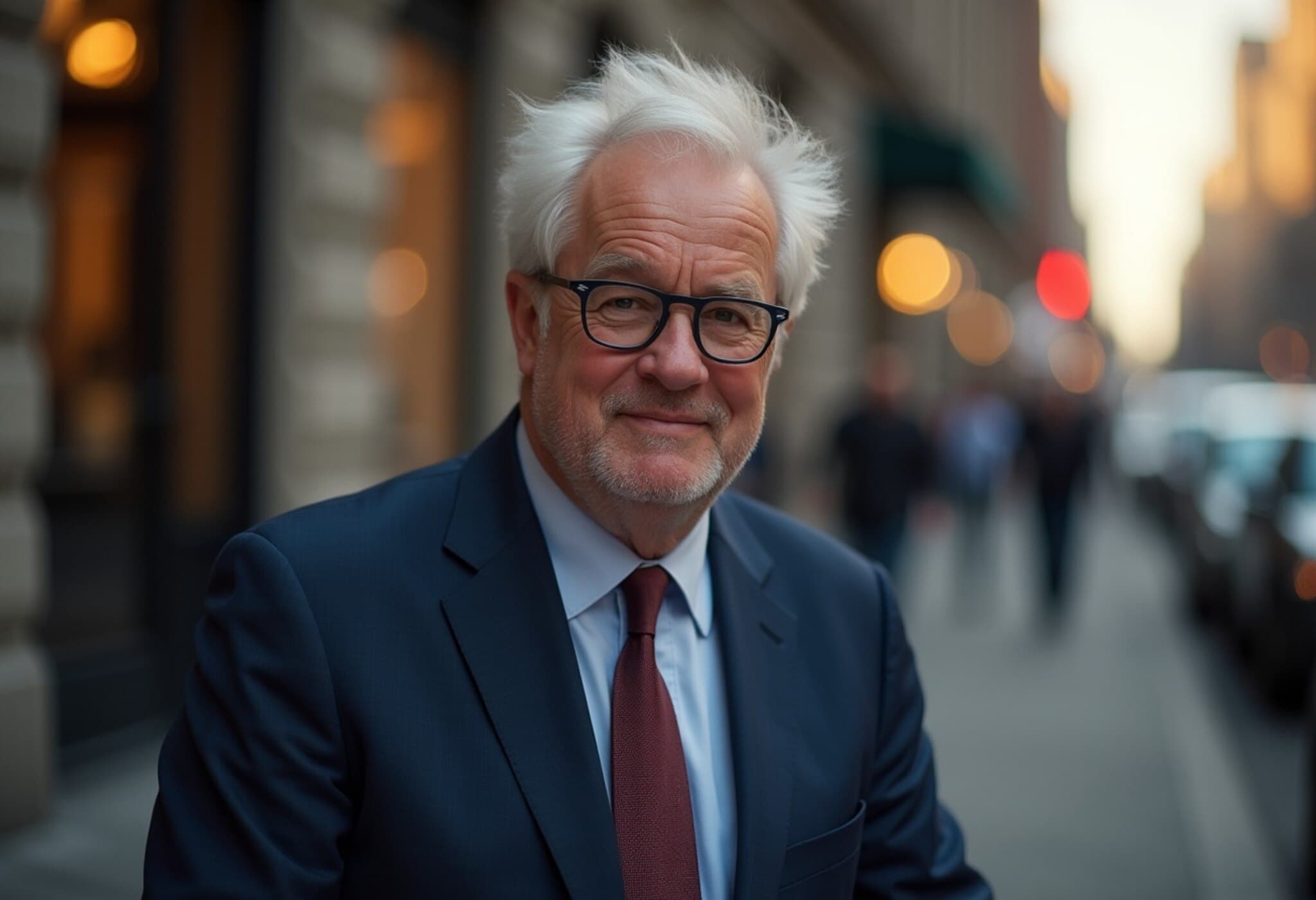European and Iranian Ministers Convene to Revive Nuclear Negotiations
On Friday, foreign ministers from Europe met with their Iranian counterpart in Geneva to explore Tehran’s readiness to reengage in negotiations over its nuclear program. The meeting came amid ongoing conflict, with little hope that Israel will pause its military actions anytime soon.
US Signals Willingness for Direct Discussions
Prior to the gathering, the European ministers consulted with US Secretary of State Marco Rubio, who conveyed that Washington remains open to direct talks with Iran. This openness persists even as the US deliberates participation in Israeli military operations aimed at undermining Iran’s nuclear and ballistic missile capabilities.
Though official US confirmation is absent, sources suggest that President Donald Trump supports diplomatic initiatives encouraging Iran’s return to the negotiating table.
European Approach: Steering Iran Back to Dialogue
European diplomats acknowledge the challenge that direct US-Iran engagement poses, with one diplomat noting, "The Iranians can’t sit down with the Americans whereas we can." The ministers emphasized urging Iran to resume conversations on the nuclear issue before tensions escalate irreversibly, while also voicing concerns regarding Iran’s missile programs, its support for Russia, and detention of European citizens.
The European trio known as the E3—comprising Britain, France, and Germany—along with the EU's foreign affairs chief, gathered ahead of talks with Iranian Foreign Minister Abbas Araqchi. Despite Tehran’s insistence that no talks with the US will occur while Israeli strikes continue, the Europeans sought to test Iran’s willingness to negotiate directly with them.
Parallel Talks Proposed Amid Lingering Hostilities
Given the slim chance for an immediate ceasefire, the E3 proposed launching simultaneous discussions with Iran, initially excluding the US. These talks would focus on stronger inspections and might expand to cover Iran’s ballistic missile program, while permitting limited uranium enrichment under strict monitoring.
Both sides aim to establish a preliminary political framework that could include a ceasefire and concessions paving the way for more detailed negotiations. However, European officials caution that success is uncertain due to the complex demands and Iran’s persistent stance.
Divergence Over Uranium Enrichment
A key point of contention remains uranium enrichment levels. The US administration demands a total halt, whereas the E3 have previously allowed limited enrichment for civilian purposes under rigorous international inspections. Notably, French President Emmanuel Macron recently aligned more closely with the US position, advocating for near-zero enrichment in any prospective agreement.
An Iranian official indicated readiness to discuss curbs on enrichment but firmly rejected total cessation, especially amid ongoing Israeli attacks.
Diplomatic Exchanges at the UN and Geneva
Before the Geneva meeting, Araqchi criticized Israel’s actions as a "betrayal of diplomacy" at the United Nations Human Rights Council. Meanwhile, Israel’s envoy objected to his speech at the forum.
Geneva remains symbolic, having hosted the initial 2013 accord where Iran agreed to curb its nuclear activities in exchange for sanction relief, followed by a comprehensive deal in 2015 that has since unraveled.
Background and Outlook
Recent progress stalled after Israel launched Operation Rising Lion against Iranian nuclear and missile infrastructure on June 12. The Europeans conveyed that the US is ready for direct dialogue but emphasized that Iran must show a meaningful signal to proceed further, although no explicit conditions were detailed.
Although breakthrough prospects are slim, diplomats stress the importance of engagement now, anticipating that even if conflict deescalates, the nuclear challenge will persist due to Tehran's retained scientific expertise.
Meanwhile, President Trump is expected to decide within two weeks whether the US will join Israeli military efforts.

